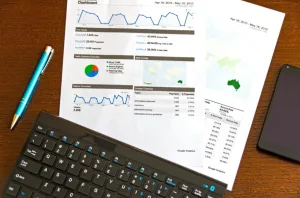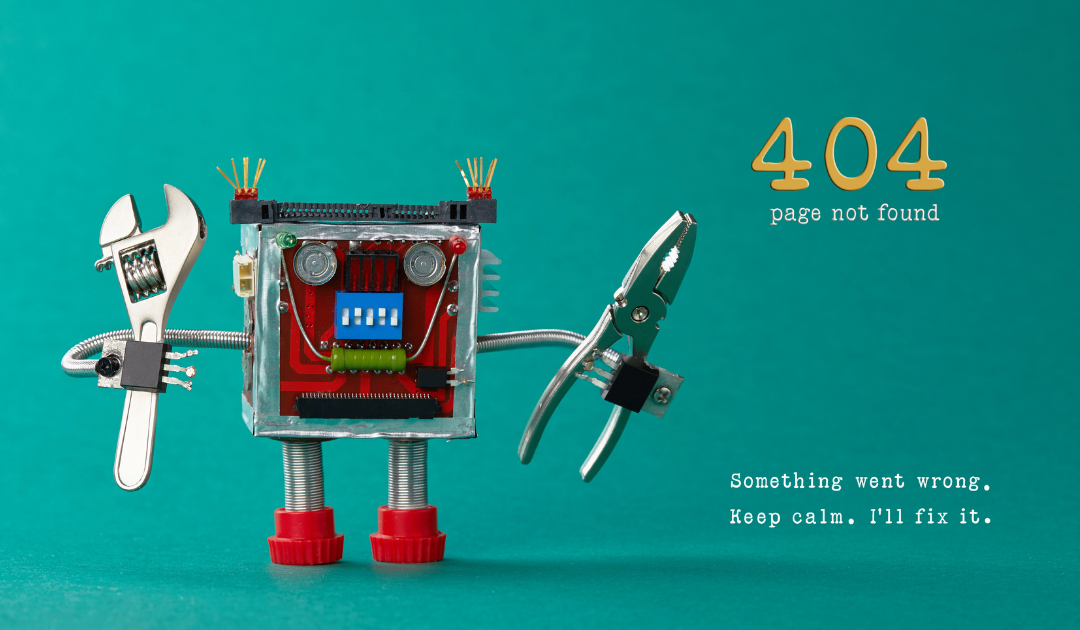
Why Every Business Needs a Website in 2025: Stay Ahead or Get Left Behind
It’s 2025. The world is more digital than ever, and businesses that don’t adapt are being left in the dust. Think about the last time you needed a product or service where did you go first? Chances are, you searched online. That’s exactly what your potential customers are doing right now. If your business doesn’t have a website, they’re moving on to someone who does.
A website is more than just a place to display your logo and contact details. It’s your digital storefront, your marketing engine, and your credibility booster all rolled into one.
Whether you’re running a cosy local bakery, a growing start up, or a well established enterprise, a strong online presence is non negotiable. Here’s why your business needs a website in 2025.
1. Your Website is Your Digital Storefront—Open 24/7

Imagine having a store that never closes, where customers can browse your offerings, learn about your business, and even make purchases all while you sleep. That’s the power of a website. In today’s fast paced world, people expect instant access to information. If they can’t find you online, they might assume you don’t exist or aren’t credible.
2. Trust is Everything, and a Website Builds It

Would you trust a business with no website? Probably not. A well designed website gives your business legitimacy. It tells potential customers, “We’re professional. We’re established. We care about our image and our customers.” Add customer reviews, testimonials, and a polished design, and you’ve instantly built trust with visitors who are considering your services.
3. People Google Everything Be the Answer

Think about the last time you searched for a product or service. Now flip the script when people search for what you offer, are they finding you? Without a website, your business is invisible to the millions of searches happening every day.
Search engine optimization (SEO) helps your website show up when people look for businesses like yours. If you’re not online, guess what? Your competitors who have websites are getting all the clicks and customers instead.
4. It’s the Most Cost-Effective Marketing You’ll Ever Do

Billboards, TV ads, flyers they cost a fortune and have limited reach. Your website, on the other hand, works for you 24/7 at a fraction of the price. With the right SEO strategies, social media integration, and content marketing, your website can bring in customers without ongoing heavy ad spending.
5. Your Competitors Are Already There

Let’s be real if your competition has a great website and you don’t, they have the advantage. Consumers are making decisions based on online research. If your business doesn’t show up or looks outdated compared to competitors, you’re already losing potential customers.
6. E-Commerce: Sell Anytime, Anywhere

More people than ever are shopping online. Even if you’re a service based business, offering online bookings, consultations, or digital downloads can generate income while you sleep. Don’t limit your business to physical hours let your website work for you around the clock.
7. Customer Convenience is Key

People are busy. They don’t want to call or visit just to find out what you offer. A well- structured website answers their questions upfront pricing, services, hours, FAQs
so they can decide quickly whether to do business with you. It makes their lives easier, and in return, they’re more likely to choose you.
8. Technology is Evolving – Don’t Get Left Behind

Voice search, AI chatbots, mobile first design these aren’t futuristic concepts, they’re happening now. Businesses that embrace new technologies are the ones thriving. A modern website ensures you can integrate the latest tools to enhance customer experience and streamline your operations.

Final Thoughts
A website isn’t just “nice to have” anymore it’s a must-have. If your business doesn’t have one, you’re losing opportunities, customers, and credibility. In 2025, being online isn’t optional; it’s the standard.
So, what’s stopping you? If you’re ready to take your business seriously, it’s time to invest in a website that works for you.
Whether you’re starting from scratch or need a revamp, there’s no better time than now.
Need help getting started? Let’s talk! Your business deserves to be seen.
Innovative Web Design & Management, SEO Services | Zapp sites
#WebsiteForBusiness #DigitalMarketing #BusinessGrowth #WebDesign2025



Recent Comments